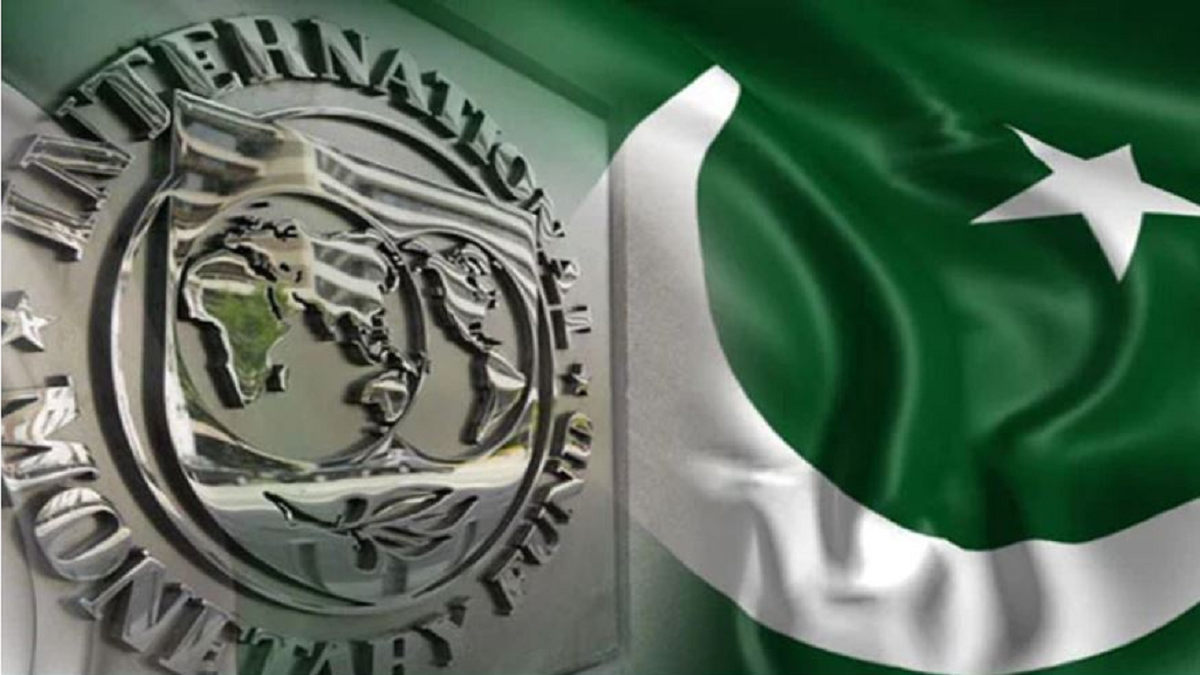Following intense negotiations, Pakistan and the International Monetary Fund (IMF) have made significant progress toward reconciling their differences. The key breakthrough occurred when Pakistan pledged to introduce adjustments in the budget and taxation policy, and concurrently rescinded certain import restrictions.
Highly placed sources in Islamabad revealed to The Express Tribune that the Pakistani government conveyed its readiness to incorporate these adjustments to the IMF. These changes, totaling approximately 0.3% of the nation’s GDP, account for nearly half the discrepancy previously identified by the IMF.
Governmental sources have indicated that Islamabad is proposing a Rs200 billion reduction in expenditures alongside a Rs100 billion increase in taxes. This round of discussions has reportedly progressed rapidly, instilling confidence that a staff-level agreement might soon be realized, barring any unforeseen impediments. However, the Finance Ministry has refrained from making any official statements thus far.
The talks continued into the late hours as the IMF requested further modifications from Pakistan. The proposed amendments, based on next fiscal year’s estimated GDP, roughly equal Rs300 billion, although the precise figure remains unverified.
Should an agreement be reached, Finance Minister Ishaq Dar is expected to disclose these changes in a speech to the National Assembly, which is preliminarily scheduled for Saturday.
An anonymous senior government official stated that Pakistan has reached the midpoint of the negotiation process, and it is now incumbent on the IMF to meet them halfway.
Out of the total program size of $6.5 billion, Pakistan is yet to receive $2.6 billion due to pending reviews of the bailout package. Prime Minister Shehbaz Sharif and Finance Minister Dar have insisted that Pakistan has fulfilled all prior actions, urging the IMF to approve the upcoming loan tranche of $1.2 billion promptly.
As the program concludes on June 30, IMF Managing Director Kristalina Georgieva informed Prime Minister Sharif during a phone conversation on May 27 that the program could not be extended any further.
The IMF has repeatedly urged the Pakistani government to cancel the amnesty scheme, which allows up to $100,000 to be brought in from abroad with no questions asked. According to the IMF, this could establish a dangerous precedent.
The Fund has also called for the withdrawal of new tax exemptions, arguing that they are crucial to achieving a 3.5% GDP growth target in the next fiscal year. The IMF believes all policy-related matters should be settled at the staff level.
Budget adjustments are likely to impact subsidy allocations and grants, suggesting that a revision of the pink books and the budget-in-brief may be necessary.
In an unprecedented move on Friday, the State Bank of Pakistan (SBP) reversed a six-month-old advisory to banks, which had imposed restrictions on imports. This advisory had resulted in a significant reduction in Pakistan’s current account deficit, which now stands at $2.9 billion for the first 11 months of this fiscal year.
The IMF viewed this as an artificial improvement and a market distortion. The SBP’s December 27, 2022, circular has been a point of contention in the Pakistan-IMF talks. Although Pakistan had committed to withdrawing these instructions by March of this year, this promise was not upheld.
Commercial banks were previously instructed by the central bank to open letters of credit only for specific imports, including wheat, edible oil, pharmaceuticals, energy, exports-oriented industry goods, and agricultural inputs.
Finally, the sources revealed that the IMF has once again raised concerns over potential distortions in the exchange market. In response, Pakistani authorities have assured the IMF that they are not manipulating the currency market.



























